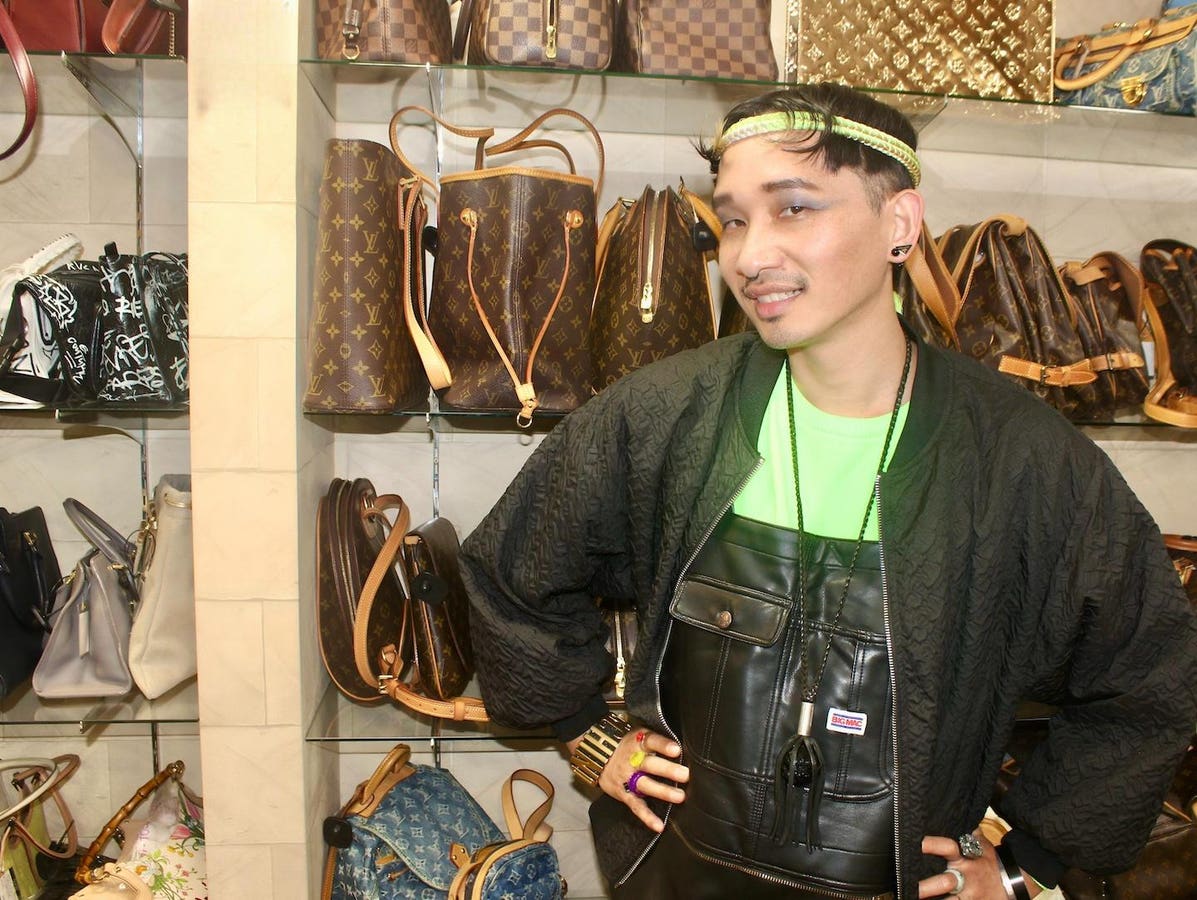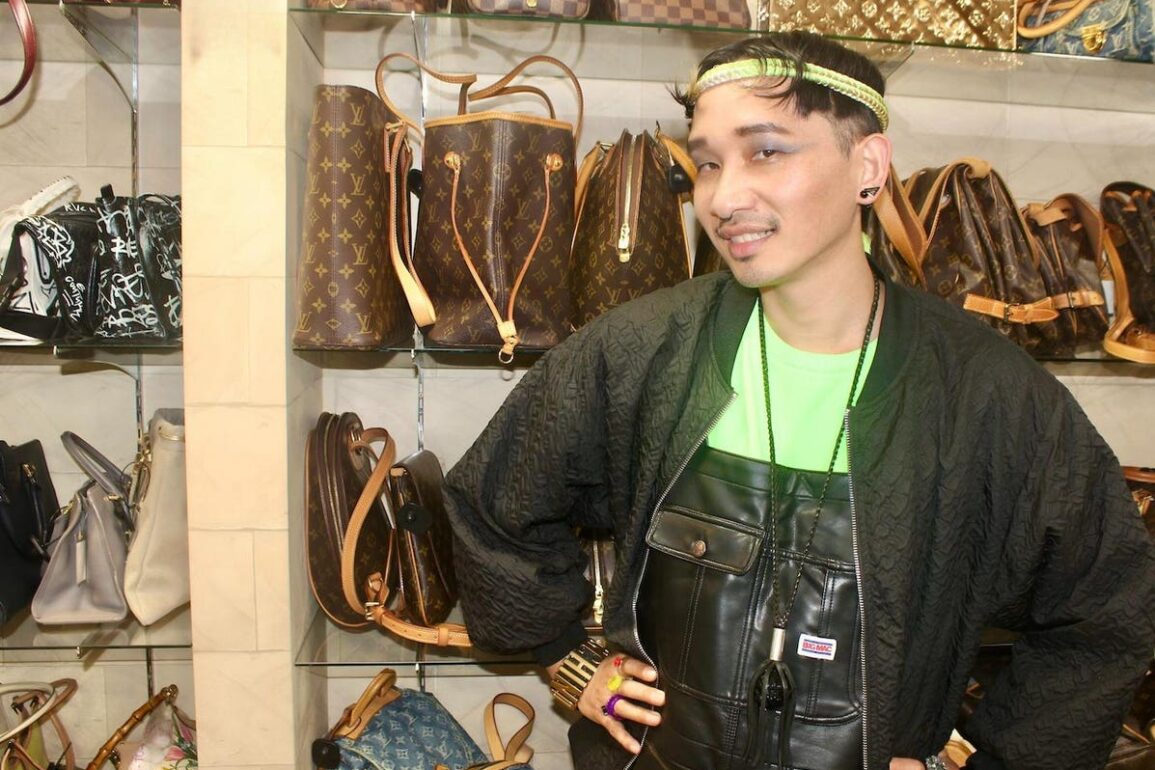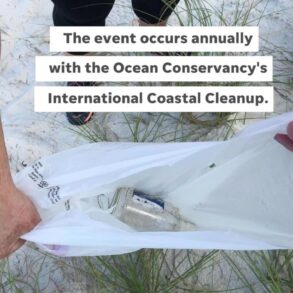
The narrow streets of Tokyo are alive with activity, but step into Atlantis Vintage, and the frenetic pace of the city fades away. Here, in a boutique lined with perfectly curated rows of Chanel, Hermès, and Louis Vuitton, you’re greeted by Yuji Jitsutani, the enigmatic and charismatic International Sales Manager whose passion has made Atlantis Vintage a global destination for designer resale.
Jitsutani’s charm is infectious, but it’s his knowledge and authenticity that truly set him apart. Whether you’re a first-time buyer or a seasoned collector, he brings the same level of enthusiasm to every interaction. “I love to tell the story and the journey of every product I sell,” he says. Watching him guide a British customer on FaceTime through the intricate details of a Hermès Birkin while explaining its provenance feels like a masterclass in luxury. Jitsutani doesn’t just sell bags—he connects people with the stories behind them.
Atlantis Vintage has become an impressive player in the booming luxury resale market, a sector projected to grow from $26.17 billion in 2023 to $69.59 billion by 2032. This growth is fuelled by shifting consumer attitudes. Millennials and Gen Z, in particular, are embracing sustainability, the allure of owning unique pieces, and the accessibility of luxury through resale platforms. Social media has played a pivotal role in this shift, allowing smaller businesses like Atlantis Vintage to thrive alongside giants such as The RealReal and Vestiaire Collective.
The RealReal, for instance, is a powerhouse in authenticated luxury consignment, leveraging its digital-first platform to cater to a global audience. Vestiaire Collective emphasizes community-driven buying and selling, blending social interaction with commerce. Atlantis Vintage carves out its niche by focusing on an intimate, bespoke experience. The appointment-only model ensures that clients receive Jitsutani’s undivided attention, creating an atmosphere of exclusivity and trust.
“I want to make every visit feel extra special, which is why the appointment system is so important to me. It gives me the chance to focus entirely on each client, creating a relaxed and welcoming space where they can take their time exploring and trying on pieces” explains Jitsutani. “ I also want to explain each item to my client and point out anything they may need to be aware of. Oftentimes, especially in Japan, some of the luxury resale stores can feel a little formal and intimidating. We always have a bit of fun taking a few photos in the mirror to get a sense of what looks good and feels good on. I especially love meeting international tourists who I’ve been chatting with on the Insta DMs. It’s such a joy to share a personal and memorable experience with them.” This appointment system also prevents overcrowding in the store, now a destination for tourists who plan visits months in advance.
For Jitsutani, authenticity isn’t just a buzzword. In an industry where counterfeit goods are a constant concern, his expertise is paramount. According to a survey by the Luxury Institute, 87% of affluent consumers rank product knowledge as the most important attribute of a good salesperson. Jitsutani exemplifies this, taking the time to explain not just the condition of an item but its craftsmanship, history, and significance.
This expertise is critical in the luxury resale market, where the stakes are high and consumers demand trust. Platforms like The RealReal have built their reputations on rigorous authentication processes, ensuring that every item is genuine. Smaller businesses like Atlantis Vintage add a personal touch to this trust-building process, offering one-on-one consultations that make the shopping experience as memorable as the purchase itself.
Social media has amplified these efforts, particularly for brands targeting younger, tech-savvy audiences. On Instagram, where Atlantis Vintage has found a loyal following, users flock to videos that feel real, unscripted, and informative. Jitsutani’s content is a perfect fit—his storytelling, product insights, and glimpses of rare finds resonate with an audience hungry for transparency and connection.
“On Instagram, we want to show the real personality of Atlantis Vintage – what it’s like inside the store, the joy of discovering unique pieces that have just arrived, and everyday clients enjoying their new treasures. Sharing my own excitement as a vintage luxury bag collector, along with relatable moments like posing with cool bags or featuring real client photos, creates a connection that feels really authentic and fun” adds Jitsutani.
”I really enjoy this aspect of the work and love being creative with Instagram reels, pushing beyond the usual vintage luxury posts you might usually see to make something more fresh and engaging with a bit of humour and a bit of personality.”
The social media generation values more than just the product; they crave the experience and the story. Jitsutani understands this intuitively, weaving narratives that transform luxury items into artefacts of desire. But he’s not alone. Brands like Depop and Grailed have tapped into the same appetite for storytelling and individuality, creating platforms where resale meets creativity.
The social media generation values more than just the product; they crave the experience and the … [+]
Recommerce, or the resale of pre-owned goods, is also gaining momentum for its environmental benefits. With fashion contributing 10% of global carbon emissions, buying pre-owned has become a tangible way for consumers to make a difference. By extending the lifecycle of luxury items, recommerce reduces waste and encourages more mindful consumption. Jitsutani is quick to point out that vintage pieces often come with craftsmanship and durability that modern items sometimes lack. “These bags were made to last,” he says, handling a 30-year-old Louis Vuitton as if it were a piece of art.
Despite its growth, the resale market isn’t without challenges. Competition is fierce, and the demand for transparency is higher than ever. Platforms like The RealReal have faced scrutiny over their authentication processes, underscoring the importance of expertise and trust in this space. For smaller players like Atlantis Vintage, this presents an opportunity to excel by offering a more personal, tailored experience.
As I leave Atlantis Vintage, I reflect on what makes it special. It’s not just the meticulously curated inventory or the glamorous allure of Jitsutani himself. It’s the way the boutique bridges the gap between old-world luxury and modern accessibility. Whether through a FaceTime consultation or an Instagram video, he invites everyone to share in the magic of luxury, one story at a time.
The luxury resale market may be growing rapidly, but Atlantis Vintage serves as a reminder that success isn’t just about scale. It’s about passion, expertise, and authenticity. And in a world increasingly dominated by algorithms and automation, this Tokyo store proves that the human touch still matters.
This post was originally published on this site be sure to check out more of their content






